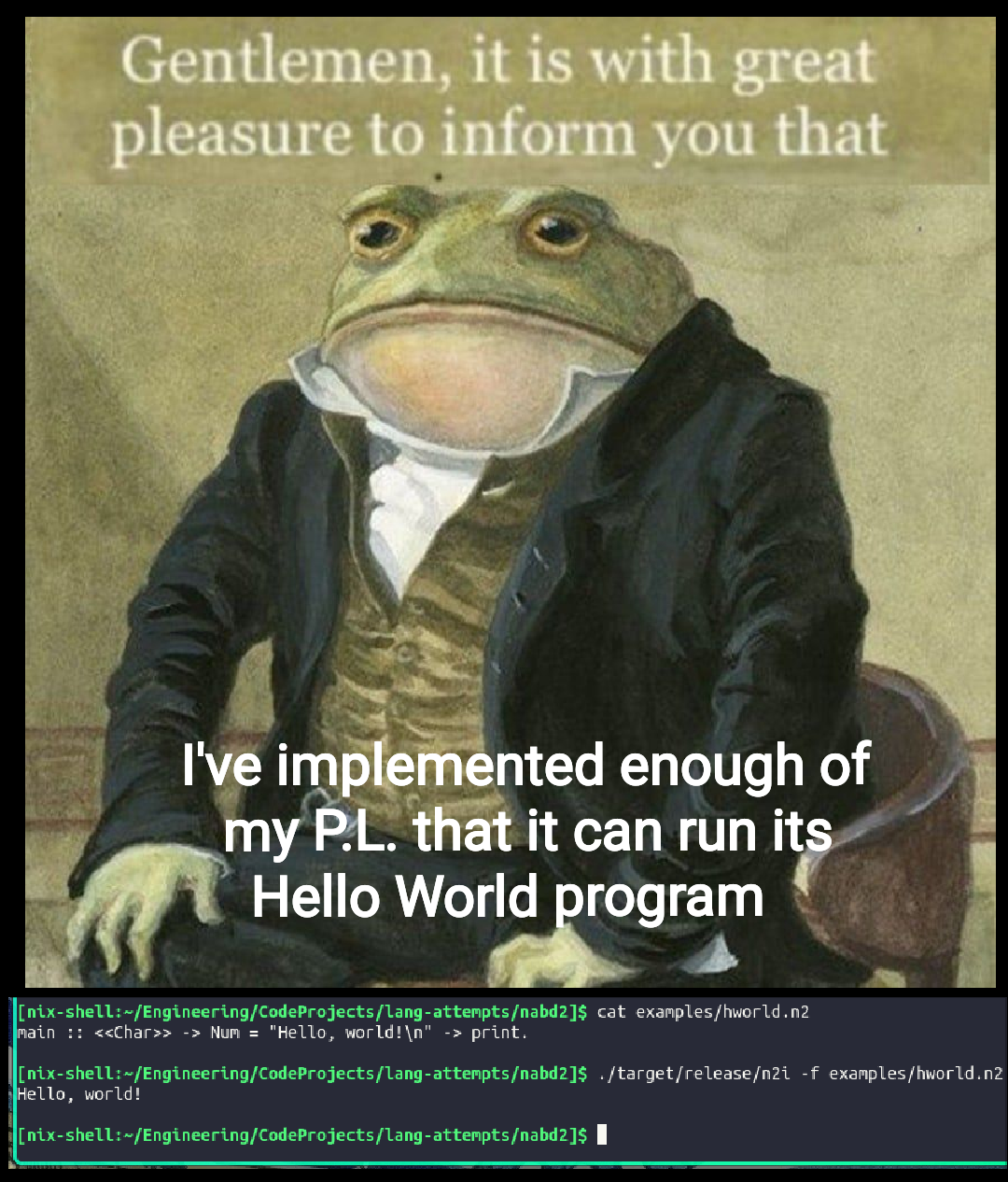I created a little side project over the past few days, a new build system for C and C++: https://github.com/blueOkiris/acbs/
I've seen a lot of discourse over C build tools. None of them really seem solid except for (some) Makefiles (some Makefiles are atrocious; you just can't rely on people these days). Bazel, cmake - they're just not straight forward like a clean Makefile is, basically black magic, but setting up a Makefile from scratch is a skill. Many copy the same one over each time. Wouldn't it be nice if that Makefile didn't even need to be copied over?
Building C should be straight forward. Grab the C files and headers I want, set some flags, include some libraries, build, link. Instead project build systems are way way way overcomplicated! Like have you ever tried building any of Google's C projects? Nearly impossible to figure out and integrate with projects.
So I've designed a simplistic build system for C (also C++) that is basically set up to work like a normal Makefile with gcc but where you don't have to set it up each time. The only thing you are required to provide is the name of the binary (although you can override defaults for your project, and yes, not just binaries are possible but libs as well). It also includes things like delta building without needing to configure.
Now there is one thing I haven't added yet - parallel building. It should be as simple as adding separate threads when building files (right now it's a for loop). I know that's something a lot of people will care about, but it's not there yet. It's also really intended to only work with Linux rn, but it could probably pretty easily be adjusted to work with Windows.
Lay your project out like the minimal example, adjust the project layout, and get building! The project itself is actually bootstrapped and built using whatever the latest release is, so it's its own example haha.
It's dead simple and obvious to the point I would claim that if your project can't work with this, your project is wrong and grossly over-complicated in its design, and you should rework the build system. C is simple, and so should the build system you use with it!
So yeah. Check it out when y'all get a chance


Heck yeah. Love replaying OoT. It's good every time.
You gotta play Wind Waker next. Truly the GOAT